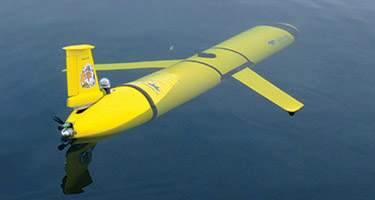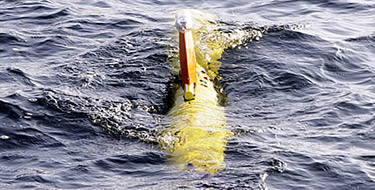Robotic systems are opening new opportunities to explore the oceans. Recent advances are improving efficiency, lowering costs, and reducing the risks of marine operations. New automated sensors can observe an increasing variety of ocean parameters of importance for understanding ecosystems, tracking resources or mapping habitats.
A low-cost alternative to research ships
Marine environmental research using surveys from research ships is costly and time-consuming, and can only cover a small fraction of the marine environment for short periods of time at intervals that can span several years. The deployment of relatively agile, low-cost marine autonomous systems (MAS) can complement observations from ships and moored instruments, to bring new insights. In the Western Indian Ocean region, their use has the potential to overcome the severe lack of research vessels, allowing key measurements to be made at a fraction of conventional research cruises.
In SOLSTICE we will use marine robotics to collect environmental data in two of the three case study regions. This will not only demonstrate the power of new, relatively low-cost technologies, but will also collect data that can allow researchers to obtain more reliable information from Earth observation data, and help validate and interpret model outputs.
Building capacity in both the UK and the WIO
SOLSTICE will use gliders and AUVs from the UK MAS fleet, focussed at NOC in a new £3.5M Marine Robotics Innovation Centre, is underpinned by £25M of ongoing capital investment from the Natural Environment Research Council (NERC). This will allow WIO scientists to experience first hand what is possible with state-of-the-art robotics and sensor technologies. Working in the WIO region, in collaboration with local experts, will also increase the capacity and world-leading capabilities of the UK fleet to address complex environmental issues and ensure maximum societal impact from ocean research; for example, through effective marine assessment for ocean policy and governance.
 Glider at the sea surface. Credit: D. White, NOC.
Glider at the sea surface. Credit: D. White, NOC. Gavia Offshore Surveyor autonomous submarine. Credit: NERC.
Gavia Offshore Surveyor autonomous submarine. Credit: NERC. MARS gliders and automated submarines outside NOC in Southampton.
MARS gliders and automated submarines outside NOC in Southampton.